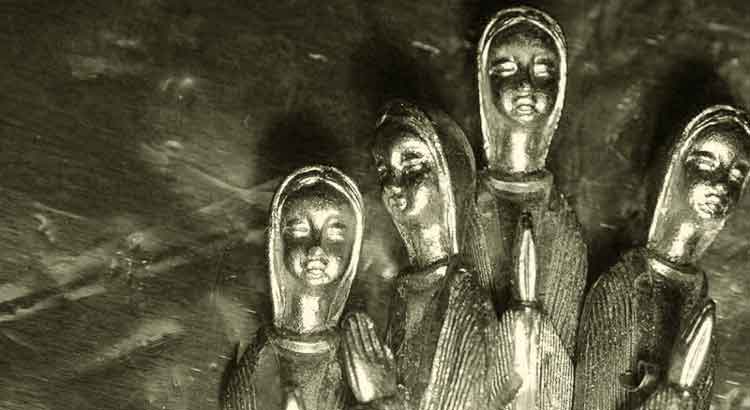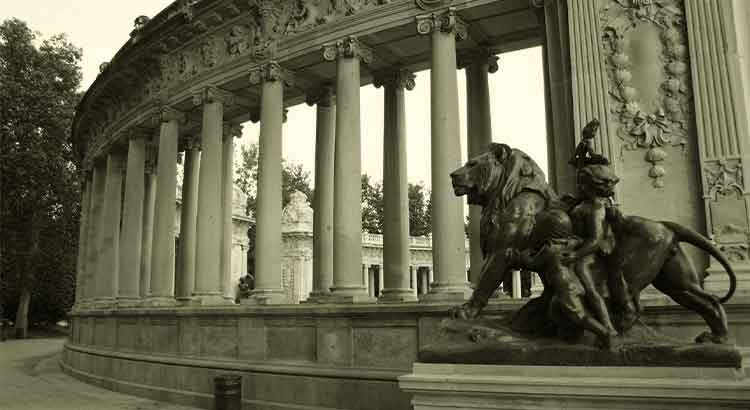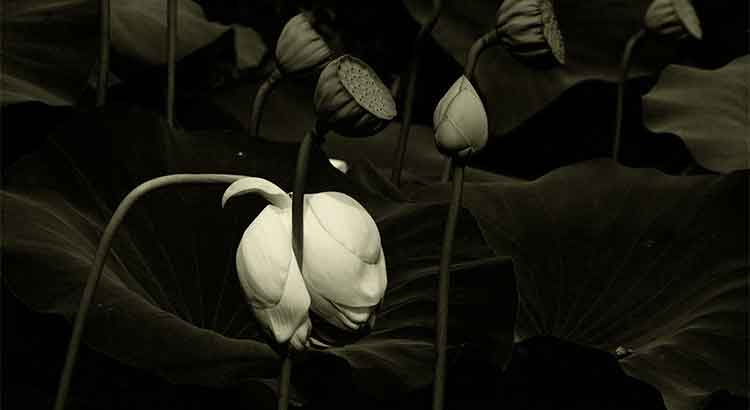Pessoa says, in free translation:
Camões is The Lusiads. The lyric, in which the inferiors focus the admiration that denotes them as inferiors, was, as in other epics of equally remarkable sensibility, only the inorganic surplusage of the epic.
And, on another occasion:
Camões mourns the loss of his gentle soul; and after all the one who mourns is Petrarch. If Camões had had the emotion sincerely, he would have found a new form, new words—everything but the sonnet and the ten-syllable verse. But no: he used the sonnet in decasyllables as he would use mourning in life.
What to say? First, it is diminishing for Camões to classify him as an epic poet: Camões was a poet. Like Pessoa, a poet of multiple manifestations, a great poet. Next, the aesthetic judgment. To reduce poetry to form is as low as judging a novel by the number of pages. There are sonnets in which one can find everything except Petrarch. What should be asked is: what is the poet doing in decasyllables? Is it possible to see him in his sonnets? We notice the obvious: when Camões cries, Camões is the one crying. And, if I were my vocabulary, I would add that the cry is more beautiful because it is shared, because it establishes a link with the past and is a manifestation of empathy, humility, and respect. Originality does not require the creation of a new format, sincerity does not necessarily have to invent the model of its own expression: it is enough that it expresses itself. It is notorious the brilliance of the poet when, composing under known rules, he expresses his individual soul.



